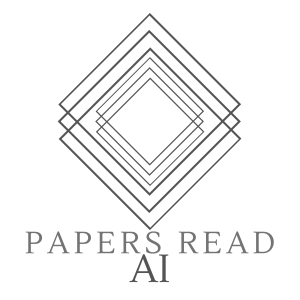
Public opinion reflects and shapes societal behavior, but the traditional survey-based tools to measure it are limited. We introduce a novel approach to probe media diet models -- language models adapted to online news, TV broadcast, or radio show content -- that can emulate the opinions of subpopulations that have consumed a set of media. To validate this method, we use as ground truth the opinions expressed in U.S. nationally representative surveys on COVID-19 and consumer confidence. Our studies indicate that this approach is (1) predictive of human judgements found in survey response distributions and robust to phrasing and channels of media exposure, (2) more accurate at modeling people who follow media more closely, and (3) aligned with literature on which types of opinions are affected by media consumption. Probing language models provides a powerful new method for investigating media effects, has practical applications in supplementing polls and forecasting public opinion, and suggests a need for further study of the surprising fidelity with which neural language models can predict human responses. 2023: Eric Chu, Jacob Andreas, S. Ansolabehere, Dwaipayan Roy https://arxiv.org/pdf/2303.16779.pdf
No comments yet. Be the first to say something!